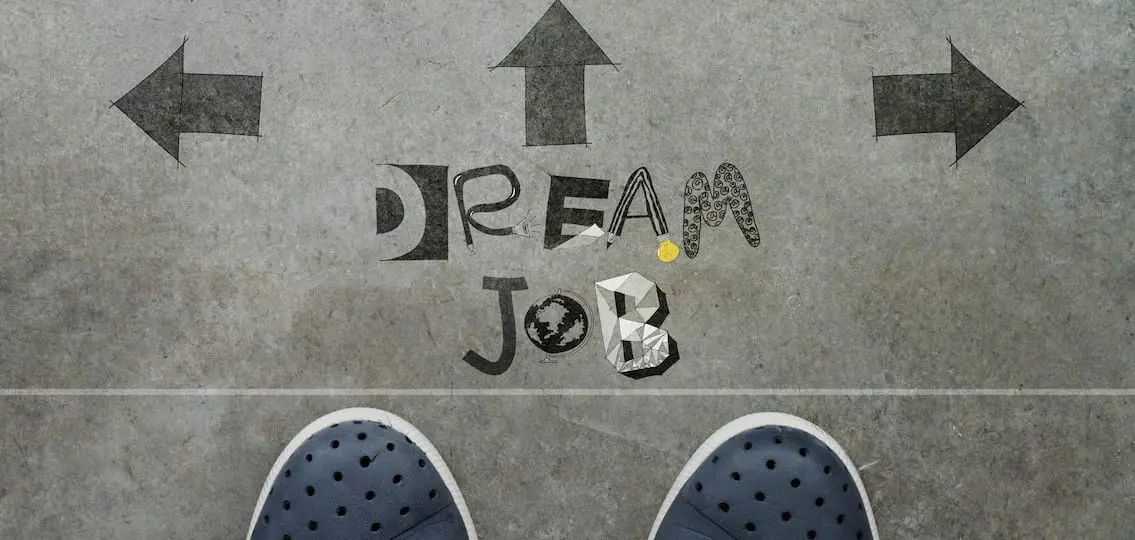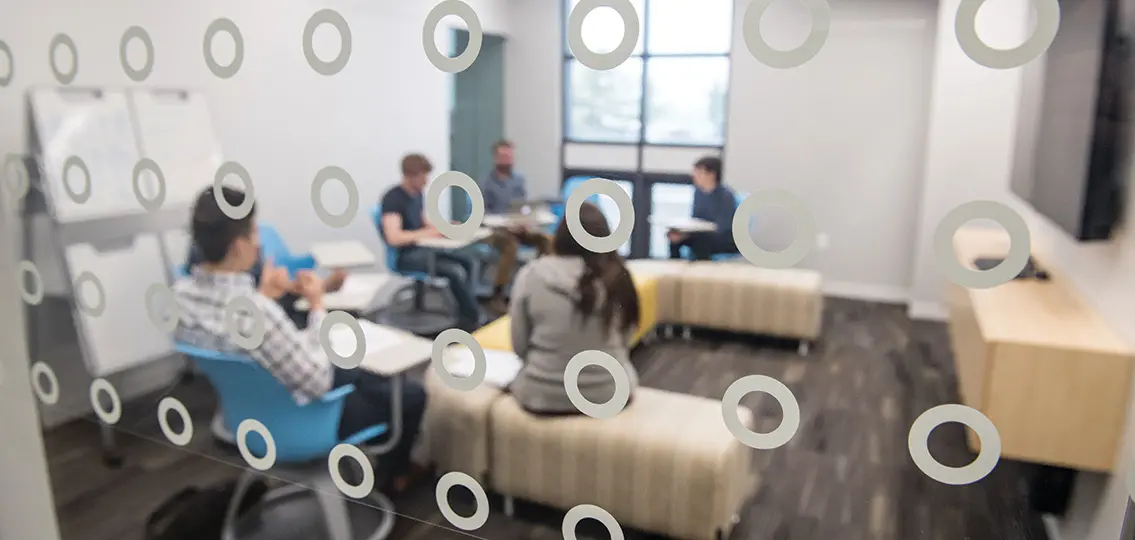My son is in middle school, but like a lot of parents, I’m already thinking ahead to college. I wonder what school he will get into, and whether he’ll remember to feed himself, do laundry, and text his old mom.

But the biggest worries I have are how on earth we are going to pay for the whole shebang and whether my son will end up with a decent job after he graduates.
In other words, I’m concerned about my “return on investment.”
Like many parents, I hope my son will pursue a degree that will land him a well-paying job. I find myself crossing my fingers that he will major in a STEM field or at least something practical … unlike both of his parents, who followed their hearts and majored in the humanities.
But what if my children do follow in our footsteps and find themselves drawn to studying poetry, philosophy, or ancient history?
[adrotate banner=”86″] There is no reason to panic, advises Matthew Carey Jordan, dean and chair of the Jack, Joseph and Morton Mandel Humanities Center at Cuyahoga Community College. The fact is, he says, there are a number of common misconceptions about humanities majors.
4 Considerations for Humanities Majors:
1. The salary gap does close over time.
First of all, while there is a gap in starting salaries when you compare STEM and humanities majors, the gap starts to close over time, Jordan says, citing a 2018 report from the American Academy of Arts & Sciences. What’s more, STEM and humanities majors report similar levels of job satisfaction and stability.
2. Soft skills are valuable and transferable.
Employers also prize the “softer skills”—like communication, leadership, and critical thinking—gained by students who immerse themselves in the humanities.
“There is value in the big questions; in taking time to stop and think,” says Jordan. “Communication skills are at the heart of a humanities education—being able to articulate what you’re thinking, how things are, and how they could be. The college classroom may be the last place in America where people actually engage with each other, rather than calling names.”
Evy Pitt Stoller, a 2015 English major grad from Binghamton University, says the communication and critical thinking skills emphasized in her humanities classes helped her land interviews and secure jobs post-graduation.

3. Take advantage of internship opportunities.
Pitt Stoller was able to land a fellowship at a media company the fall after she graduated, which she credits in part to the two internships she pursued during college.
Jordan concurs that colleges are emphasizing internships more these days, which are fantastic resume-boosters, no matter your major.
“I would encourage any students who love the liberal arts to take a close look at what colleges are offering in terms of creating pathways to professional success,” Jordan says.
4. Consider college options with minimal debt.
Sabrina Manville, a college advisor with comparison-shopping site Edmit, emphasizes that a school with lower tuition and/or generous financial aid packages might be the best bet for a humanities student. The less student loan debt they graduate with, the better, if they are likely to have a modest initial salary when they must begin paying back student loans.
Clearly, the decision about where to send your child to college and what they should major in is a weighty one. Ultimately, says Jordan, where your child goes to school is about more than employability. “You want to consider the question: ‘What kind of person is my child becoming?’” he says.

When I think about the trajectory of my own career—majoring in English and becoming a professional writer—I think my advice to my kids will be this: “Follow your heart, and the rest will fall into place.”




